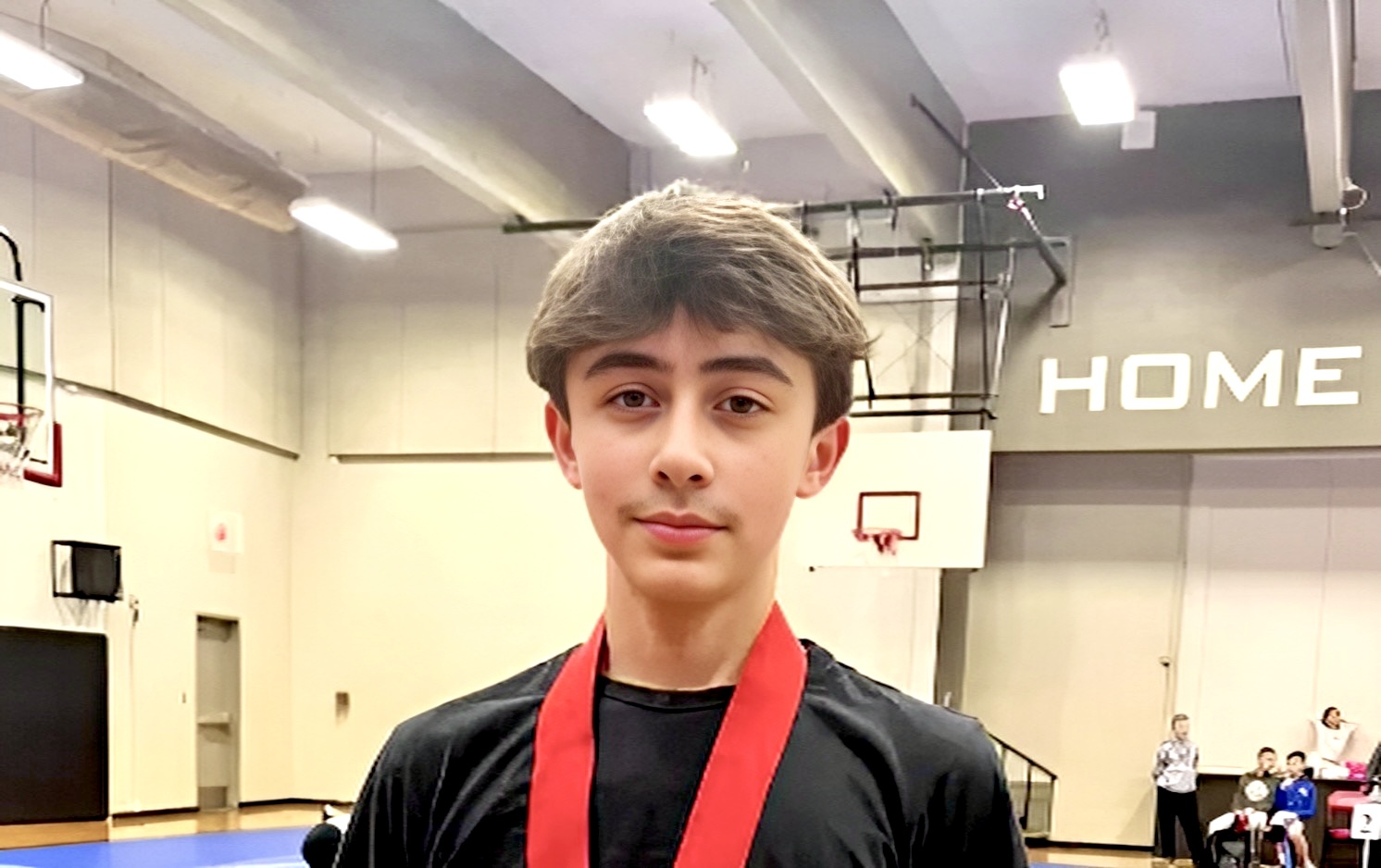USCG stresses the importance of life jackets, proper sleep while crabbing in the Pacific Northwest
Published 4:00 pm Wednesday, January 30, 2013
WARRENTON The Coast Guard emphasizes the importance of well-rested crews and vessel operators and continues to stress the value of wearing a lifejacket while working on deck in light of one death and two close calls this crab season here in the Pacific Northwest.
Failure to wear a lifejacket, despite doing everything else right, caused a man to lose his life while crabbing off the Washington Coast early last week.
The crabbing vessel Senja departed the Westport, Wash., marina at approximately 6 a.m. on Jan. 14, 2013, with four people aboard, for a week-long crabbing excursion. On Jan. 15, at approximately 6 p.m., the crew began hauling and resetting crab pots, working for several hours. The captain of the vessel commented that the weather was very mild. Though it was dark, there were 2-3 foot swells, no wind, and excellent visibility.
A crewmember fell overboard, suddenly and unexpectedly, entering the water headfirst off the port stern. An experienced deckhand, who had attended a cold-water survival course the previous October, took immediate action by shouting, “Man Overboard!” He then grabbed the life buoy and gave it to another crewmember to throw to the person in the water. Immediately donning his immersion suit, he stood by the starboard side of the vessel and kept his eyes on the man in the water.
The captain, upon hearing the loud directions from the crew, immediately turned to starboard so that he could locate the person in the water and maneuver to a position where he could bring him back onboard. Within two minutes, the vessel had made a complete turnaround and was drifting down to the man on his windward side. The life buoy was thrown to the man in the water.
Unfortunately, the frigid water had already taken its toll and he was unable to reach or grab the life ring. The Senjas crewmembers saw their fellow crabber had gone rigid vertically in the water, with his arms moving slowly out to his sides, his head back, and no ability to shout for help.
A crewmember jumped into the frigid waters in a brave attempt to rescue the struggling man overboard. His immersion suit made quick swimming virtually impossible but he was able to reach the victim just as he slipped under the water. He was unable to get a firm grip on the victim because he was wearing a bulky immersion suit.
Despite the heroic efforts of the crew aboard Senja, the victim succumbed to the effects of the frigid water within three minutes of falling overboard. His body has not yet been recovered. Had he been wearing a life jacket, there is no doubt in the mind of Senjas fast-acting crew that he would still be alive today.
Two additional near catastrophes within the Pacific Northwest Dungeness crab fleet in recent weeks have demonstrated the importance of well-rested vessel operators and crewmembers and the dangers of neglecting proper sleep at sea.
Twice in just over three weeks Coast Guard helicopter and motor lifeboat crews in Oregon and Washington have risked their lives undertaking rescue operations at night and in poor weather responding to easily preventable commercial fishing vessel groundings. Indications are that acute fatigue played a leading role in the incidents, both of which threatened sensitive environmental areas in Oregon and Washington. The crews of the Robert Henry and Genesis A are fortunate to have been rescued by Coast Guard crews. Because of how acutely it affects the judgment of even experienced mariners, fatigue is one of the leading causes of commercial fishing vessel casualties. The consequences of even small errors can be devastating, particularly while engaging in a dangerous, winter fishery along the rugged Pacific Northwest coast. The Coast Guard urges all operators to take reasonable precautions to ensure adequate rest for their crews. Coast Guard Sector Columbia River will continue its aggressive outreach program providing safety training to commercial fishing crews, said Capt. Bruce Jones, Sector Columbia River Commander and Captain of the Port.
For additional information about fishing vessel safety and education, please contact Curt Farrell, Commercial Fishing Vessel Safety Coordinator for Coast Guard Sector Columbia Rivers Marine Safety Unit Portland, Ore., at Curtis.j.farrell@uscg.mil or (503)-240-9373. Proposed fishing vessel safety training schedules can be found by visiting www.amsea.org. Interest and response may dictate future trainings and locations.
For additional information about any of the Coast Guard cases mentioned above, please contact the 13th Coast Guard Public Affairs Detachment at Sector Columbia Rivers Air Station Astoria in Warrenton, Ore., at (503) 861-6132, or (503) 861-6237.





